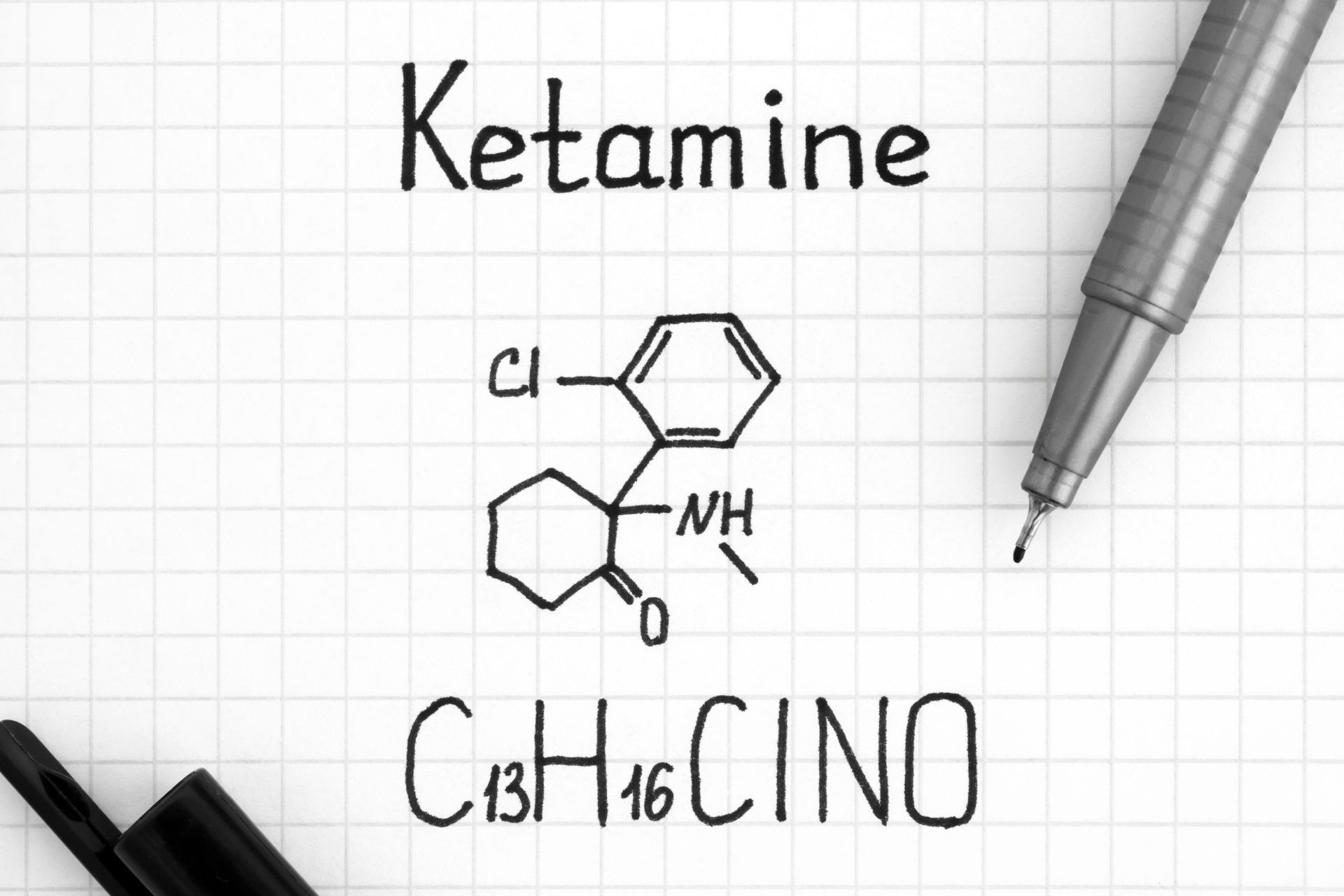Role of Ketamine in the Future of Psychiatry

Ketamine is reshaping psychiatric treatment, especially for those who haven't found relief through traditional methods. Its unique mechanism offers rapid symptom relief for conditions like depression and PTSD. However, you might wonder about its broader implications and how it can be integrated into existing mental health care systems. The conversation around its benefits and limitations is just beginning, and there’s much more to explore about its potential impact on future therapies.
Understanding Ketamine: Mechanism and Effects
When you delve into the role of ketamine in psychiatry, it’s essential to understand its unique mechanism and effects.
Ketamine acts primarily as an NMDA receptor antagonist, blocking the action of glutamate, a neurotransmitter involved in mood regulation. This blockage leads to an increase in synaptic connections, promoting neuroplasticity.
Unlike traditional antidepressants, which often take weeks to show effects, ketamine can produce rapid relief from symptoms, sometimes within hours. This swift action is particularly significant for patients with treatment-resistant depression.
Additionally, ketamine's ability to modulate various neurotransmitter systems—including dopamine and serotonin—adds complexity to its effects.
Clinical Applications: Treating Depression and Beyond
As researchers explore the clinical applications of ketamine, its potential extends far beyond treating depression.
You might be surprised to learn that ketamine is being investigated for various mental health disorders, including anxiety, PTSD, and obsessive-compulsive disorder. Its rapid onset can provide relief for those who haven't responded to traditional therapies.
In addition to mood disorders, some studies suggest ketamine may help with chronic pain management and substance use disorders.
Its unique properties enable it to target brain receptors differently than conventional medications, offering hope for patients seeking alternatives.
As understanding of ketamine's effects continues to grow, it could reshape treatment paradigms across multiple psychiatric conditions, enhancing recovery and quality of life for many individuals.
Benefits and Limitations of Ketamine Therapy
While ketamine therapy offers promising benefits for many patients, it’s essential to consider both its advantages and limitations. One significant benefit is its rapid onset, providing relief from depressive symptoms within hours, unlike traditional antidepressants that can take weeks. This can be life-changing for those in crisis.
Ketamine also shows effectiveness for treatment-resistant depression, offering hope where other treatments have failed.
However, limitations exist. The long-term effects of ketamine therapy aren't fully understood, raising concerns about potential dependency or adverse effects.
Additionally, not everyone responds to treatment, and the need for repeated sessions can be burdensome. You'll want to weigh these factors carefully, discussing them with your healthcare provider to determine if ketamine therapy is the right choice for you.
Current Research and Future Directions
Current research into ketamine’s role in psychiatry is rapidly evolving, offering new insights into its mechanisms and therapeutic potential.
Studies are revealing how ketamine affects neurotransmitter systems, particularly glutamate, which could explain its rapid antidepressant effects. You’ll find ongoing trials exploring varying dosages, administration routes, and treatment protocols to optimize outcomes for conditions like PTSD and anxiety disorders.
Additionally, researchers are investigating the long-term effects of repeated ketamine use and potential biomarkers to predict treatment response.
These advancements pave the way for personalized treatment approaches, enhancing efficacy and minimizing risks. As the understanding deepens, ketamine could redefine psychiatric care, making it essential to stay updated on the latest findings and emerging therapeutic strategies.
Integrating Ketamine Into Mental Health Care Systems
Integrating ketamine into mental health care systems presents a unique opportunity to enhance treatment accessibility and effectiveness. By offering ketamine treatments in various settings, like clinics and hospitals, you can reach more patients who may benefit from its rapid effects on depression and anxiety.
Training mental health professionals to administer and monitor these treatments can ensure safety and efficacy. Collaborating with insurance providers to cover ketamine therapy will also make it more affordable for patients.
Furthermore, establishing clear protocols and guidelines for its use can help integrate ketamine into standard practice. As you embrace this innovative treatment, you'll likely see improved patient outcomes and a shift toward more personalized, responsive mental health care.
Conclusion
In conclusion, ketamine's emergence in psychiatry offers a beacon of hope for those with treatment-resistant conditions. Its rapid effects and unique mechanism can change lives, making it a game-changer in mental health care. As research continues and integration expands, you might find that ketamine therapy could provide the relief you've been searching for. Embracing this innovative approach could lead to a brighter future for many struggling with depression, anxiety, and PTSD.










